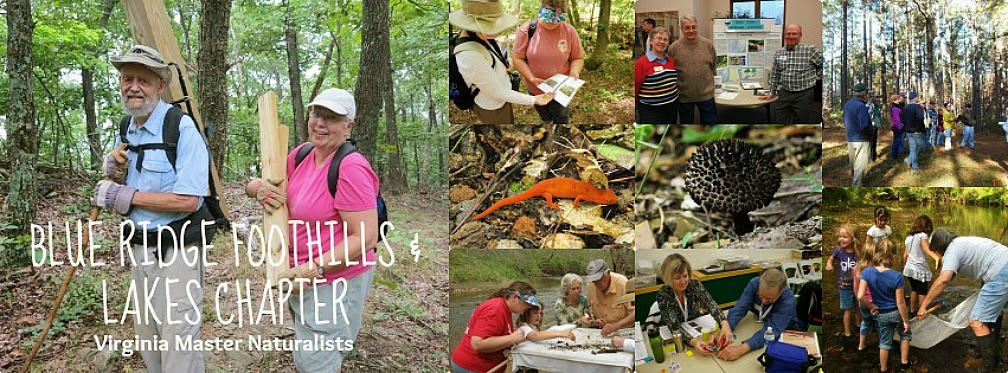 |
| BRFAL VMN Guy B "Water Monitoring" at Booker T Washington National Monument |
EXCERPT:
A sure sign that winter has arrived is when drivers spot chunks of road salt in their lanes. It's safe to say drivers appreciate ice-free roads, but ... ever wonder where all that salt ends up?
In North Carolina, the Department of Transportation spreads, on average, 256,249,901 pounds of salt on state-managed roads each year.
UNC Asheville biologist James Petranka decided to investigate what this seasonal onslaught means for our native amphibians. Because amphibians breathe through their skin and are highly susceptible to environmental contaminants, Petranka wondered if flushes of road salts to their breeding ponds kill them.
The salt, he learned, didn't kill the amphibians outright, though it does harm their growth as juveniles. Perhaps more alarming, he found the road salt is causing problems in the food web.
Mimicking nature
The effect of road salts on lakes and streams is documented, but it's understudied in pools that form seasonally, and seasonal pools are where amphibians prefer to breed in late winter and early spring. After reading a scientific report on road salt effects upon wood frogs and spotted salamanders in the Adirondack Mountains of upstate New York, Petranka couldn't get his mind off what might be unfolding in the mountainous woods of Western North Carolina that surround his office.
Read more: http://www.charlotteobserver.com/2011/11/13/2773299/the-second-sting-of-road-salt.html#ixzz1dnB1ovi4
Interested in Nature? Want to get involved in something cool? Calling all citizen scientists and outdoor enthusiasts - our next Virginia Master Naturalist basic training will be held at The Franklin Center in Downtown Rocky Mount beginning March 2012, feel free to email us for more details: contact@brfal.org or visit our website for the draft schedule of classes here. Learn more about the Virginia Master Naturalist program here!

No comments:
Post a Comment
Thanks for your comment and interest! NOW GO OUTSIDE!